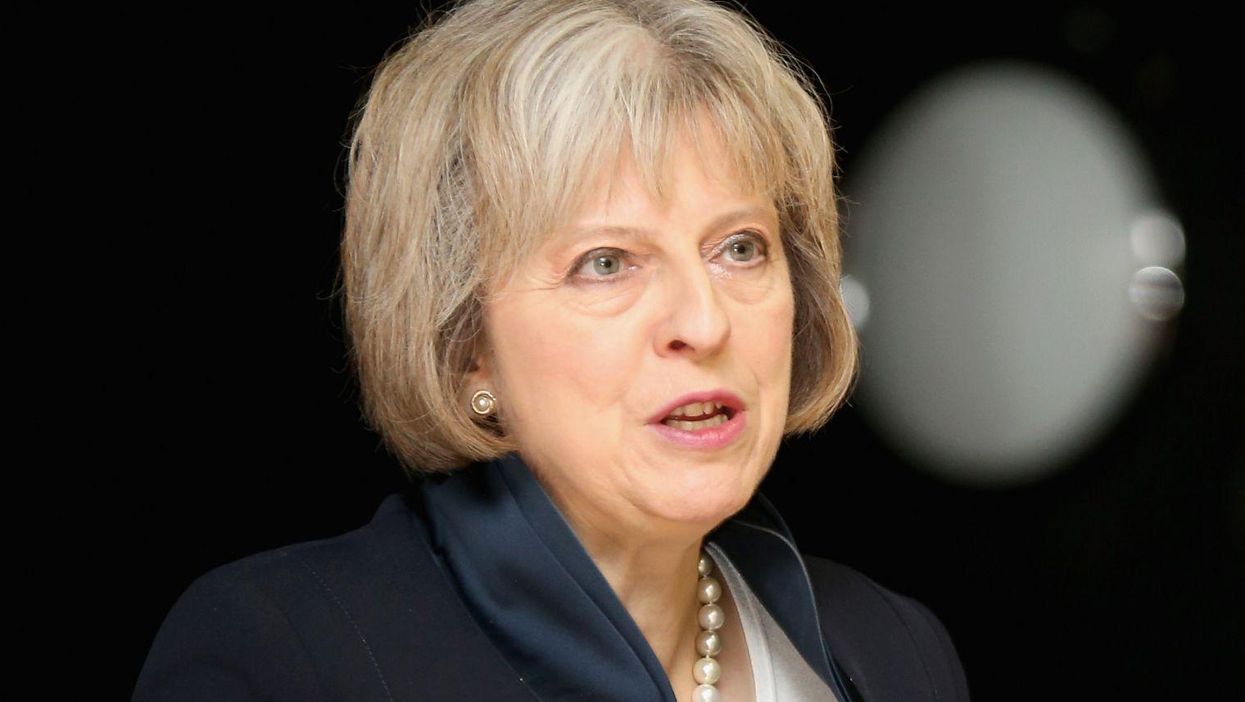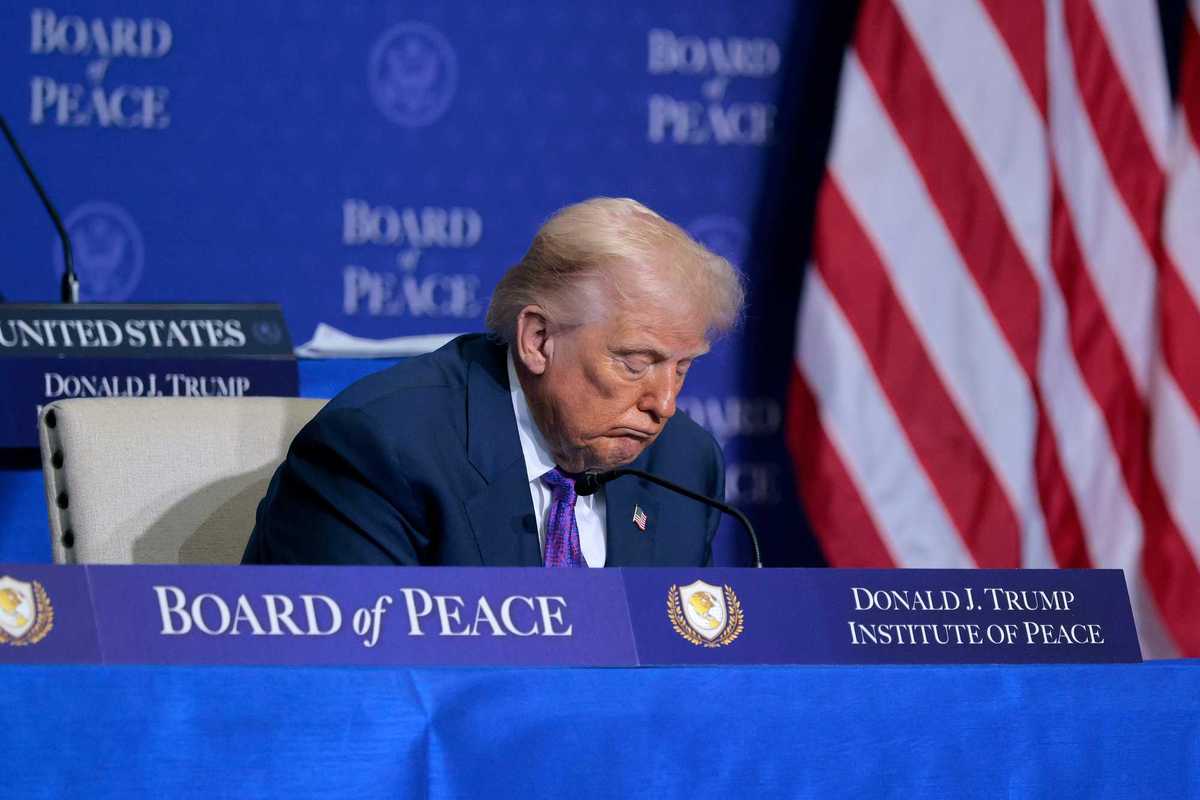Science & Tech
Louis Dor
Jun 06, 2016

(Picture: Christopher Furlong/Getty Images
The Investigatory Powers Bill, otherwise known as the ‘Snooper’s charter’, is being debated by the House of Commons this week.
So why should I care? I haven't broken the law.
Home Secretary Theresa May has proposed changes to legislation, which would require internet service providers to keep people’s web and social media use metadata for up to a year - basically forming a record of which sites you've been to, how long for, and when.
This means that companies would be legally required to help government agencies access a user’s data and that the police can legally hack into your devices without the permission of a magistrate.
How can I stop that happening?
By using a Virtual Private Networks (or VPN). The use of VPNs is not mentioned in the bill, which seems a little irregular as it is an easy-to-use tool that shields a user’s geographic location and metadata from an internet provider. If you use one, companies would be unable to comply with the bill's proposals.
So what are VPNs?
Virtual Private Networks are software, usually paid for by a cheap subscription (around £15-20 a year), which basically act as a tunnel which scrambles and encrypts your use data and traffic.
All anyone trying to look at your browsing records will see is that it came from a server owned by the provider.
The also mask your location - meaning you can access the American version of Netflix, or BBC iPlayer from outside the UK, for example - and are used to secure connections at public wi-fi hotspots.
How can I use them?
They are typically subscription services, which vary in quality.
Torguard, Private Internet Access, Tunnelbear, IPVanish and IPVN are among the more popular pieces of software and are easily available for download.
They can make your internet connection slow, though, and are not 100 per cent immune to having their data intercepted - but it is a lot more difficult.
Why were VPNs not mentioned in the bill?
It’s unclear.
Section 50, subsection 2 reads:
It is the duty of a telecommunications operator who is obtaining or disclosing communications data, in response to a request or requirement for the data in pursuance of an authorisation, to obtain or disclose the data in a way that minimises the amount of data that needs to be processed for the purpose concerned.
Some are suggesting that the use of the blanket term “telecommunications operator” would include VPNs, in which case UK-based VPN providers may still be subject to the proposals.
However, the point of VPN services is that they are usually based not in the country you live in, meaning it is a little unclear how the government would plan to use the new national legislation against these international services.
(H/T The Stack)
More: The right to strike and 8 other things at risk under the new Tory government
More: Wikipedia founder Jimmy Wales says the government's encryption plans are 'moronic'
Top 100
The Conversation (0)













